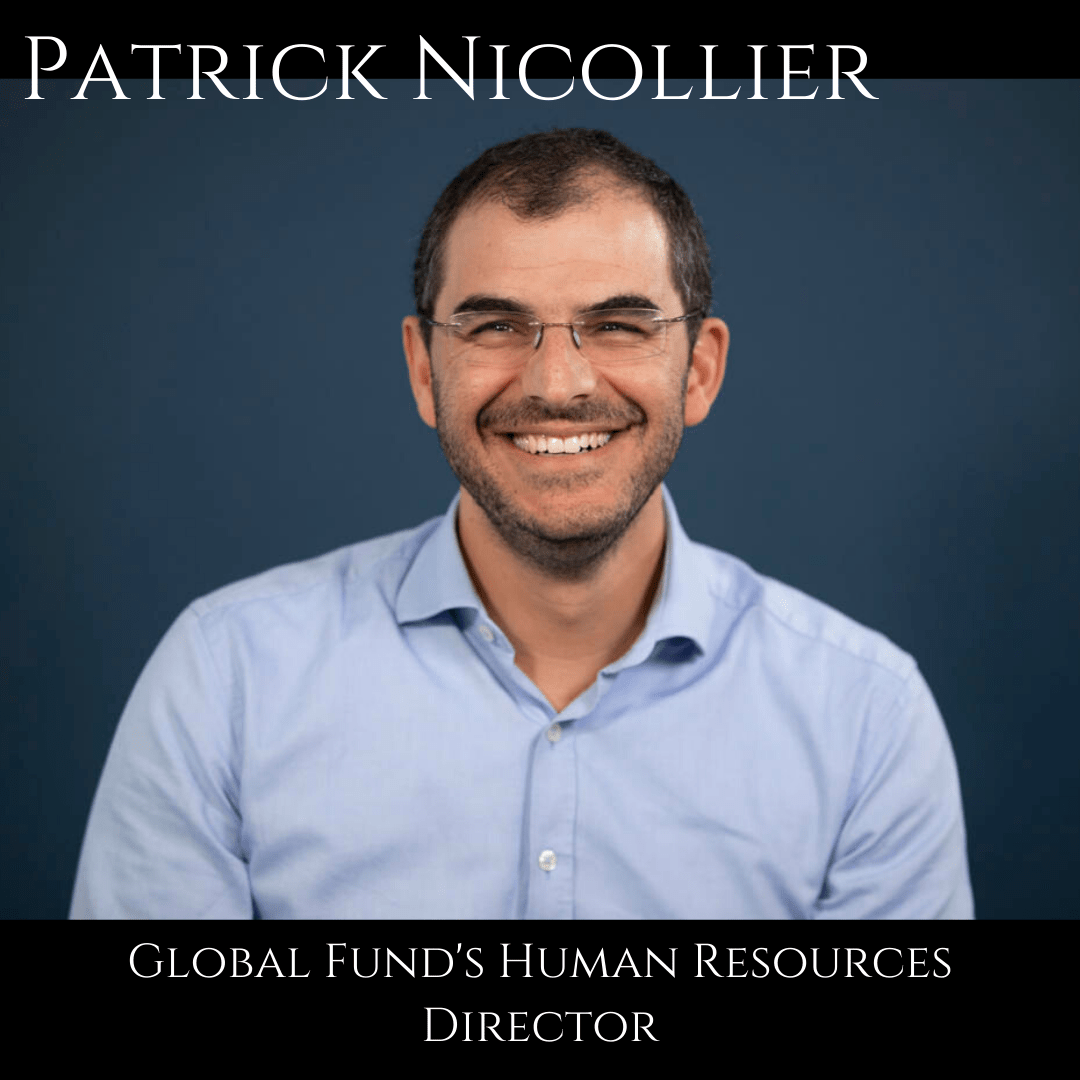Later this year, in November, Americans will head to the polls to elect the new leader of the free world. Not many jobs in global politics command this level of superheroic title, but the US President is definitely one of them. In New York, however, around the same time, a much quieter type of international statesman should also be confirmed: the incoming Secretary-General of the United Nations (UNSG), who on 1 January 2017 will officially replace Ban Ki-Moon after a decade at the head of global governance.

Unlike the commander-in-chief in Washington, the UNSG is not elected by universal suffrage. The process, symbolic of running legitimacy sores in the global system in general, mainly involves the 15 members of the UN Security Council and a series of secret ballots designed to whittle the field down to the most acceptable candidate. Although the candidates are quizzed and ultimately rubber-stamped by the 193 countries in the General Assembly, in practice the 5 permanent members of the Security Council (France, Japan, Russia, the UK, and the US) retain control over the appointment.
The latest secret poll took place at the end of August, and the results were leaked instantly. Of the 11 candidates who had been nominated by their national governments, Portugal’s Antonio Guterres emerged as the front-runner with the most ‘encouragements’ from the Security Council. Although neither a woman nor from Eastern Europe (gender parity campaigners and informal rotational norms are calling for both) Guterres is seen as a solid, experienced, and familiar choice. The deal is by no means sealed, but he will be difficult to stop.
However, as global governance (read: the UN) appears to be waning at the precise moment that a fractured world needs it most, the real question is not just who deserves the job, but what type of candidate can revive its relevance. Taking charge of a vast, cumbersome bureaucracy is hard enough without being expected to preach virtue to a populist-ridden planet in your spare time. Billy Connolly once said that the desire to be a politician should bar you for life from ever becoming one: what would he make of a desire to be the international fall guy for geopolitical stand-offs and resurgent nationalism?
A vagueness of mandate?
At least on paper, the job description is vague but attractive. The ‘secretary’ side of the title involves acting as ‘Chief Administrative Officer’ of a UN system comprising over 44,000 staff, a budget of 5.4 billion USD, and numerous different organs. This means considerable power and agenda-setting influence in the Security Council and elsewhere, though in practice this often swings the other way and the UNSG is ‘entrusted’ with tasks by member states.
More importantly, on the ‘general’ side, he or she (there has never been a female incumbent) is expected to use what are known as ‘good offices’: discretionary steps, in public or private, to prevent the escalation of international disputes. Figurehead of the most cooperative international experiment in history, the UNSG is a living symbol of peace and diplomacy. Such privilege presumably transcends the unextravagant base salary of $194,136: as Fred Eckhard, former spokesman of Kofi Annan, put it, ‘nobody would do this job for the money’.
Transforming this privilege into action is more complicated. This is freely recognized by the UN itself: the vagueness of scope means that ‘each Secretary-General also defines his role within the context of his particular time in office’, while the difficulty of juggling the whims of 193 member states is euphemistically labelled ‘creative tension’. Ultimately, there is an extremely wide band within which the UNSG can operate, according to character and circumstance. Volker Lehmann, of the Friedrich Ebert Stiftung in New York, characterizes this continuum as running between, at the basic minimum, a ‘skilled administrator or organizer’ to, at the maximum ideal, a ‘secular pope’: somebody who speaks strongly of peace and virtue in a messy, often adversarial world.
Throughout history, office-holders have walked this balancing act with varying levels of success. In the early days of the UN, Swedish statesman Dag Hammerskjöld set the bar as a dignified but forceful leader of international peace. Nominated for a Nobel Peace Prize in 1961, he received it posthumously after his plane crashed on route to ceasefire negotiations in the Congo: a suspicious end which has recently been re-investigated after some claimed he was murdered.
More recently, Kofi Annan’s tenure is fondly remembered as a mix of truth-telling and quiet mediation, whereas Ban Ki-Moon, the unassuming Korean who has presided during a difficult period of crisis and global conflict, may leave with a more mixed record. Though an efficient operator within the space given to him, he has not been able to push nation-states on major issues like Syria nor shape a public persona to the same extent as Annan.
What now?
Looking to the past can be misleading, however, when the present is so unprecedented. Hammerskjöld was operating during a period of high Cold War tension, but the bipolarity was offset by an (almost) universal support for UN ideals following two devastating World Wars. Annan came to office at another singular moment: the post-Cold War liberal international height of the concept of the ‘responsibility to protect’.
Today, everywhere we look we are constantly reminded of the messiness of the moment, with spreading conflict and terrorism, vast migratory and refugee flows, and a real threat of planetary destruction brought about by climate change - all underpinned by new communication and interaction structures which change shape faster than we can get used to them. With the UN struggling to maintain the relevance of global governance more generally, the question of who should lead it through this period of transition is vital...
Photo credit: UN photo by Manuel Elias





